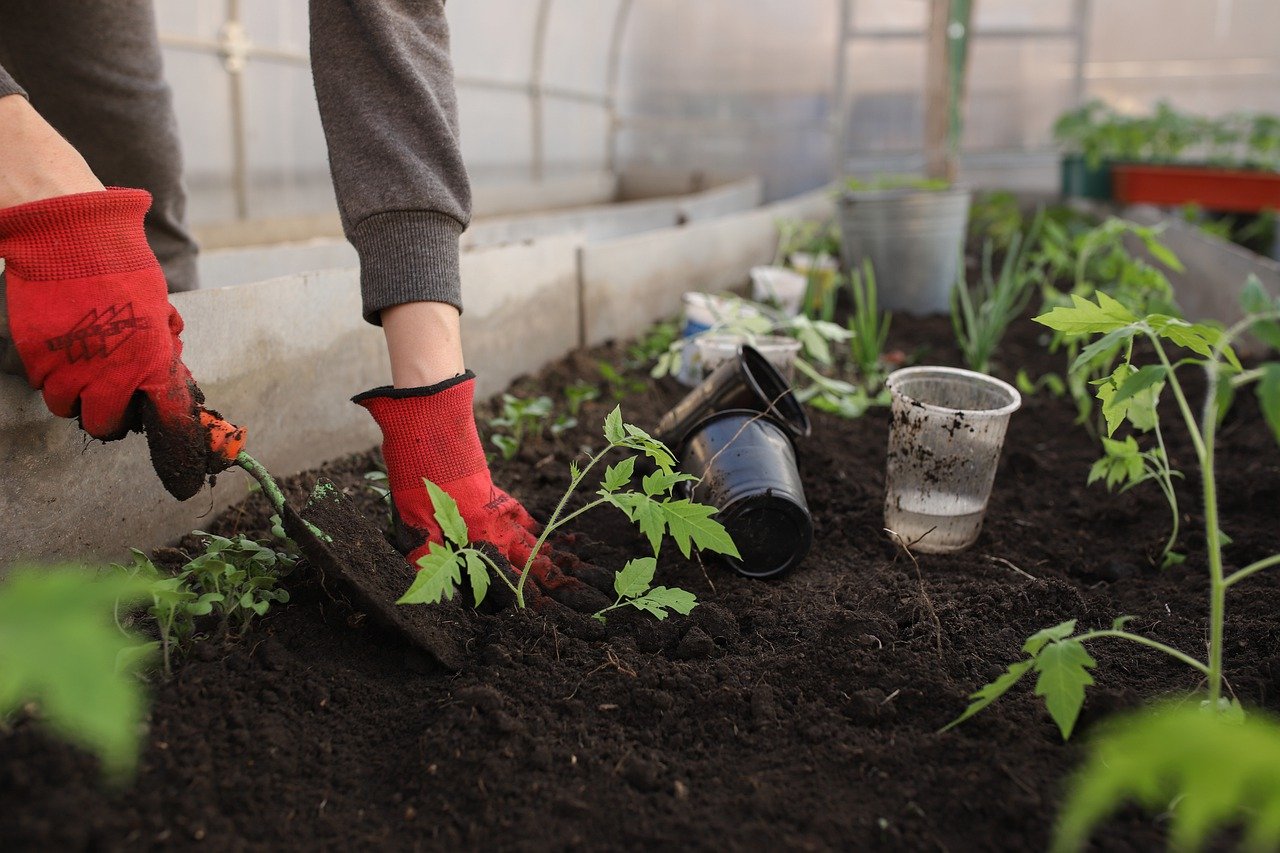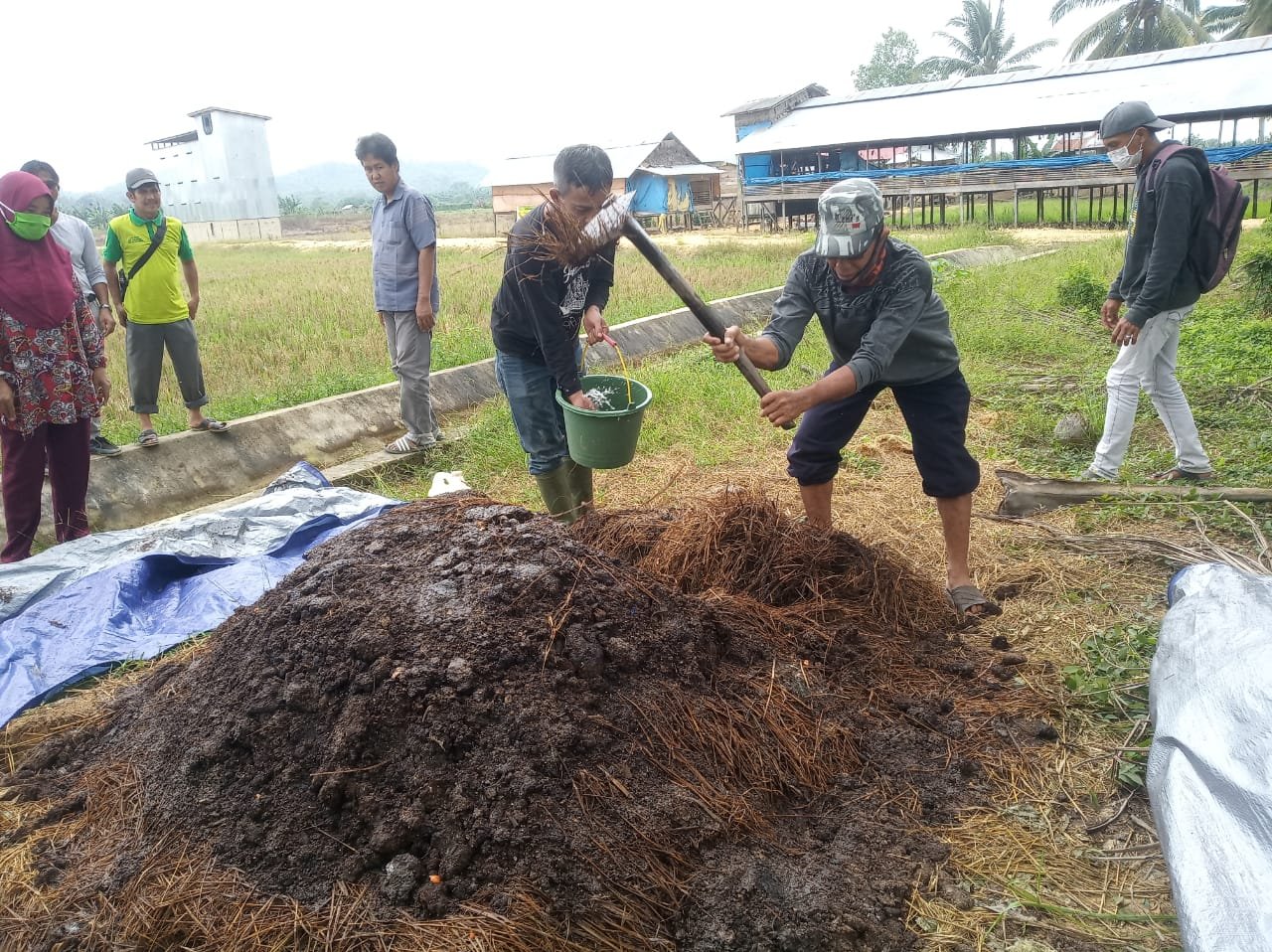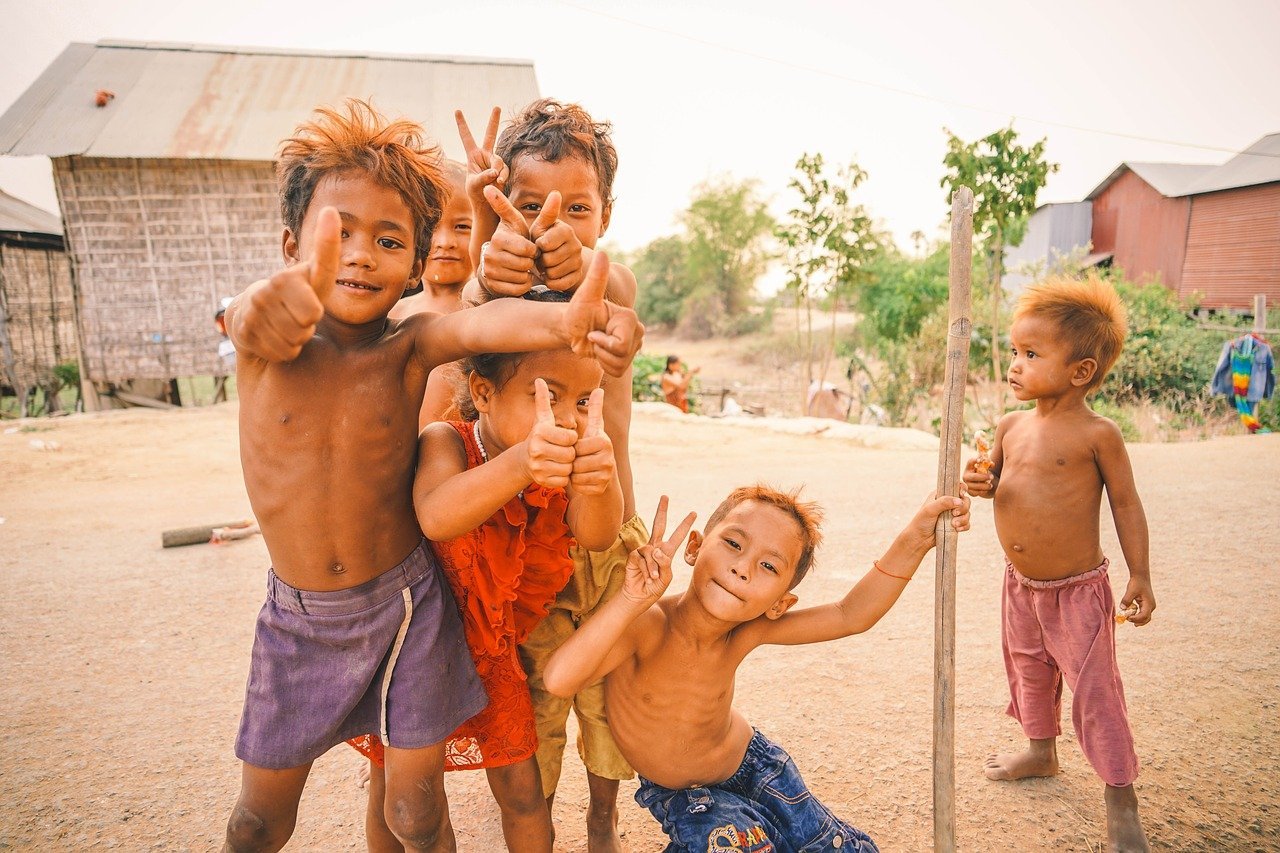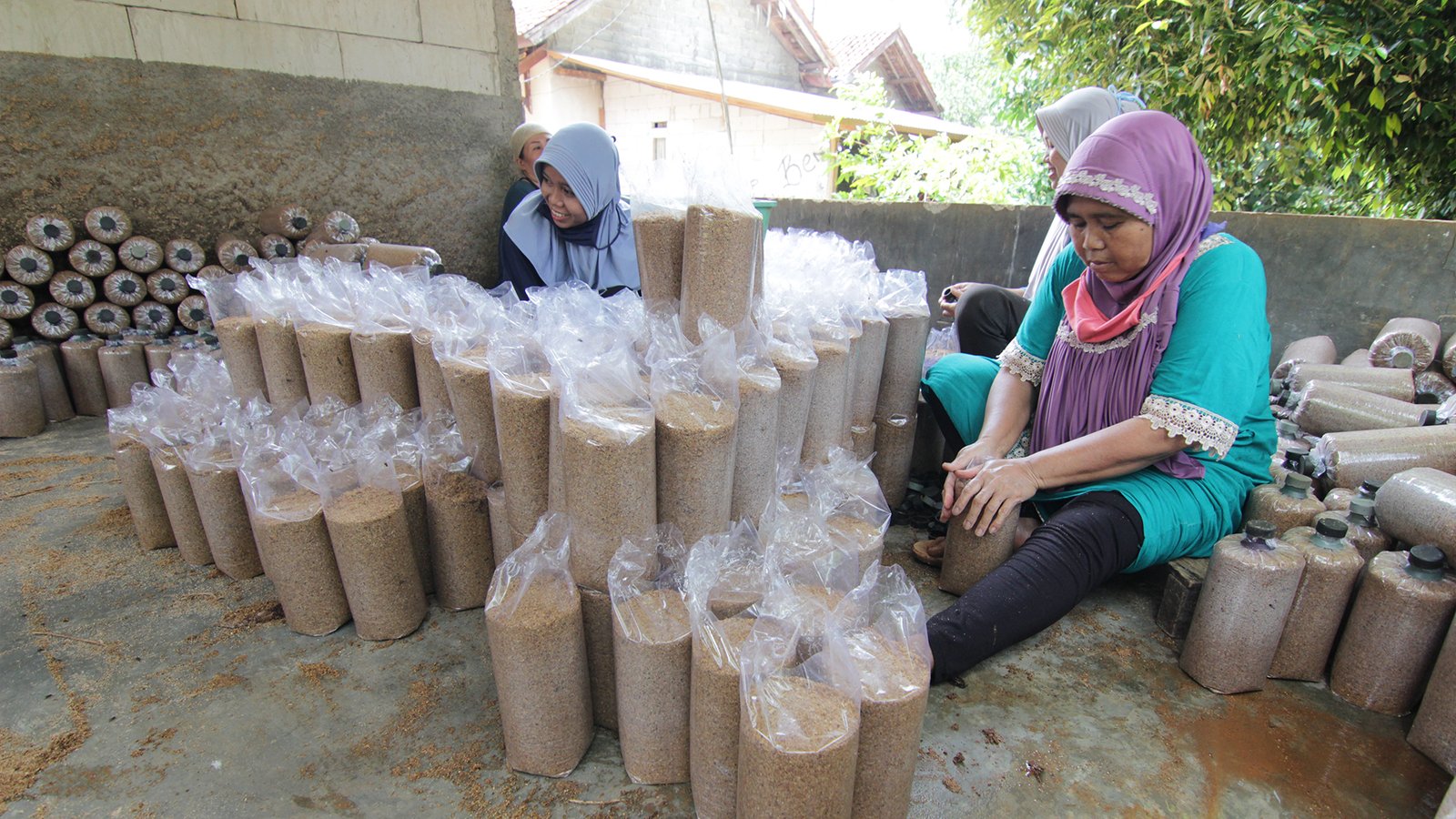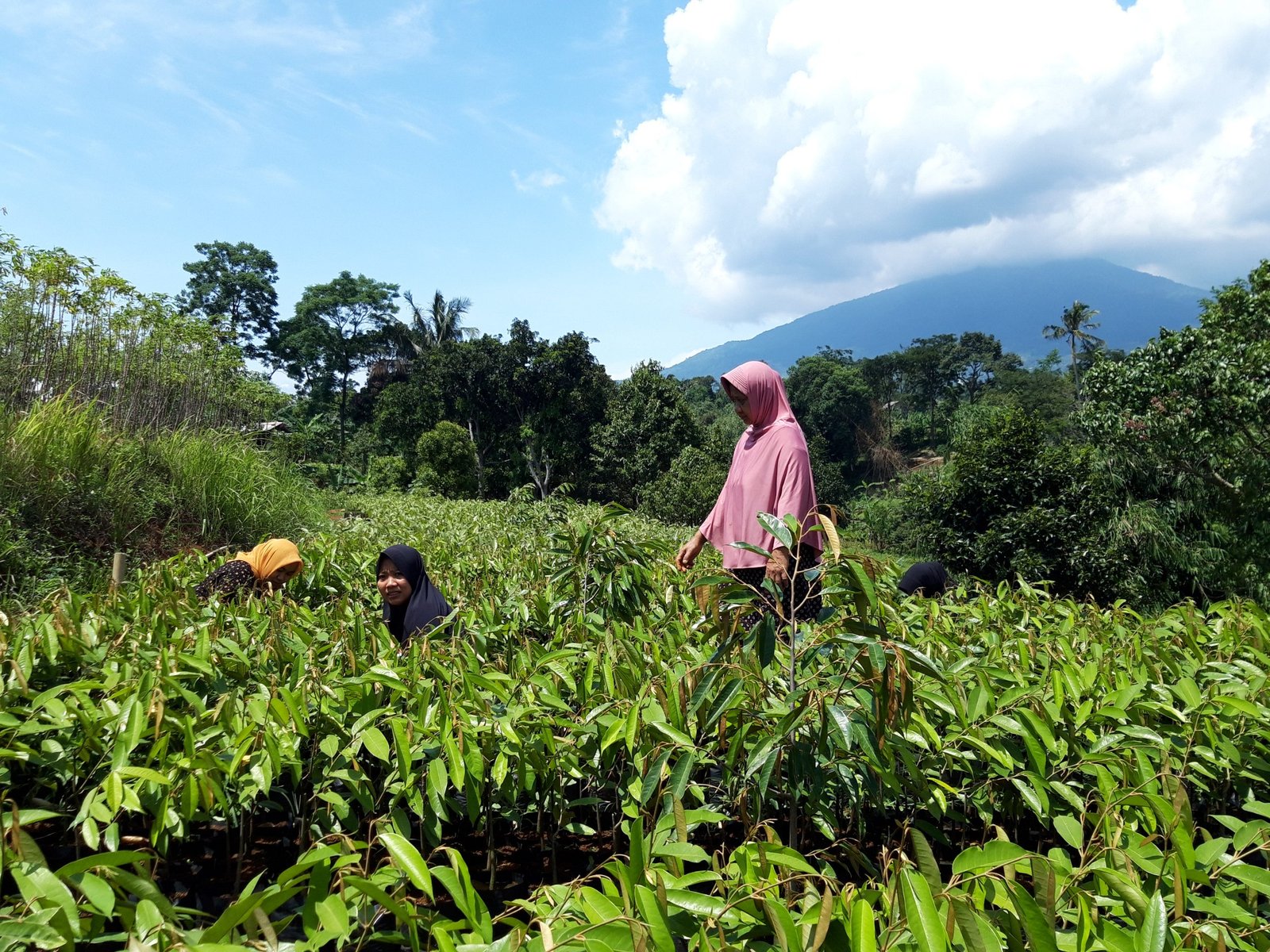The Covid-19 pandemic has hit the Indonesian economy and impacted almost all levels of society. This impact is felt especially at the bottom layer, especially vulnerable urban groups and rural communities.
The government and civil society organizations have carried out various agendas to increase economic resilience so that the impact of Covid-19 does not paralyze the livelihoods of all levels of society, especially the lower layers. However, new ideas and innovations are needed to increase sensitivity and solutions to problems faced by vulnerable urban groups and rural communities so that they can recover the economy with the support of various stakeholders and participatory.
In addition, economic recovery must have a vision of justice and sustainability, so it is necessary to prepare a road map and real programs for empowering vulnerable urban groups and rural communities after the Covid-19 pandemic in the medium and long term. This roadmap was developed with attention to the importance of stakeholder support, participation, justice, and sustainability.
The strength developed in realizing the roadmap is resilience that has been deeply rooted in the community and increased support from various stakeholders that have been running.
The Head of the Team for the Preparation of the Roadmap for Equitable and Sustainable Economic Recovery of the Bina Swadaya Foundation, Poppy Ismalina, explained, by relying on the strength of resilience sourced from social capital and local wisdom, the Bina Swadaya Foundation together with the Center for Rural and Regional Studies of Universitas Gadjah Mada (PSPK UGM) have prepared a road map with a program agenda for the next 10 years for vulnerable urban groups and rural communities.
Expert Staff of the Minister for Social Affairs and Poverty Reduction/Head of the SDGs Secretariat, Ministry of National Development Planning/Bappenas, Vivi Yulaswati, revealed that the government continues to strive to reduce the socio-economic impact of the Covid-19 pandemic for vulnerable urban populations to rural communities below the poverty line. In addition, it seeks to minimize the impact on those who are below the poverty line.
“In the future, the government will continue to strive for a quick response by reducing vulnerability and poverty through various forms of strengthening,” Vivi said in the Wisma Hijau Talk Public Dissemination of Input Proposals for “Equitable and Sustainable Covid-19 Pandemic Maps for Urban Vulnerable Groups and Rural Communities”, Friday (28/1).
Vivi said, building social capital and community resilience is one of the key strategies for recovery. The government will continue to strengthen adaptive social programs as a driver of recovery from the socioeconomic effects of the Covid-19 pandemic. This strengthening will encourage people’s consumption and production in improving their standard of living.
“The government is working hard to strengthen social programs as a driver of economic recovery and then build community resilience,” said Vivi.
Meanwhile, the Head of the Center for Rural and Regional Studies UGM, as well as the Head of the Roadmap Research Team for Rural Communities, Bambang Hudayana, explained that economic recovery due to the impact of the Covid-19 pandemic is through resilience based on local potential.
“We believe that rural communities have a resilience that can be reproduced to overcome crisis periods, especially post-pandemic in the future,” said Bambang.
In its implementation, Bambang conducted a Community Vulnerability and Resilience Study in three villages. First, the West Roban fishing community, Kedungsegog Village, Batang Regency, Central Java. Second, the people of Karangrejek Village, Gunungkidul Regency, Yogyakarta. Third, the people of Central Wologai Village, Ende Regency, NTT.
In the study of the three villages, he revealed that increasing action programs can strengthen the economic resilience of rural communities sustainably. According to him, increasing the capacity of rural communities in advancing human resources, innovation, and competitive productive businesses amid the expanding digital economy is very necessary.
“The programs that have been developed by rural communities can be supported by us so that in the future they can be more empowered. Then, going forward, the roadmap and action strategy for recovering from the impact of the Covid-19 pandemic must move together and still place rural communities as subjects of sustainable development. This roadmap is an important guideline for central and local governments to carry out long-term economic recovery,” said Bambang.
The same thing was expressed by the Center for Rural and Regional Studies UGM, Head of the Roadmap Research Team for Urban Vulnerable Groups, J. Nicolaas Warouw. He revealed that the long-term economic recovery that must be carried out in the first five years is to increase the capacity of human and technical resources for the independence of community-based community organizations.
Furthermore, in the second five years, community resilience can be strengthened in all sectors and community connectivity with external settings, such as corporate governments, CSOs (Local Community Organizations), markets, and global institutions.
“This roadmap can help the government in restoring the economic capacity of people affected by the Covid-19 pandemic. This roadmap is contemporary and can assist the government in streamlining existing policies and programs. This roadmap not only affirms the connectedness between stakeholders but also prepares affected communities to strengthen their resilience in the face of global, market, and technological challenges,” Nico explained. (Astri, Novi)

